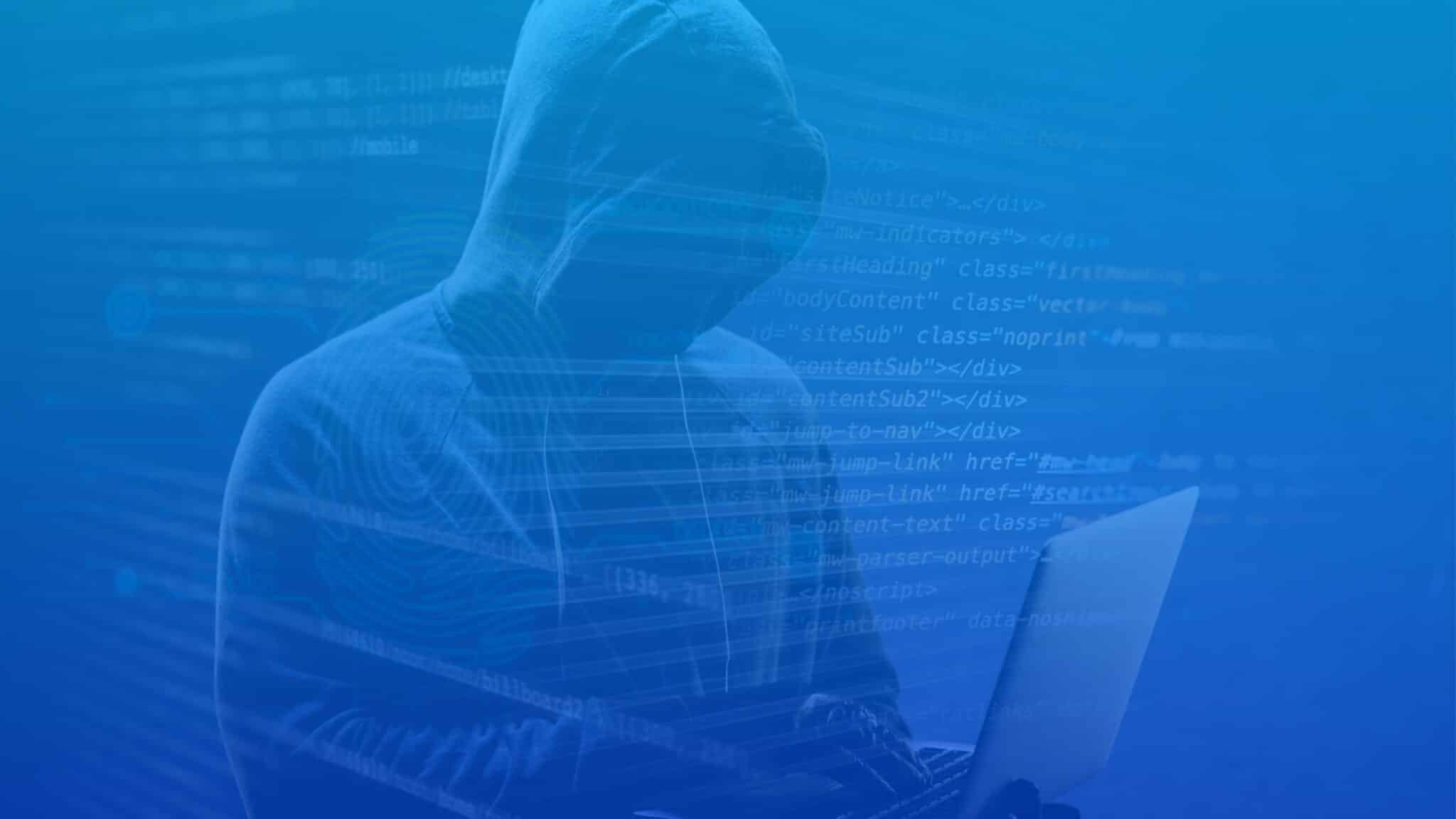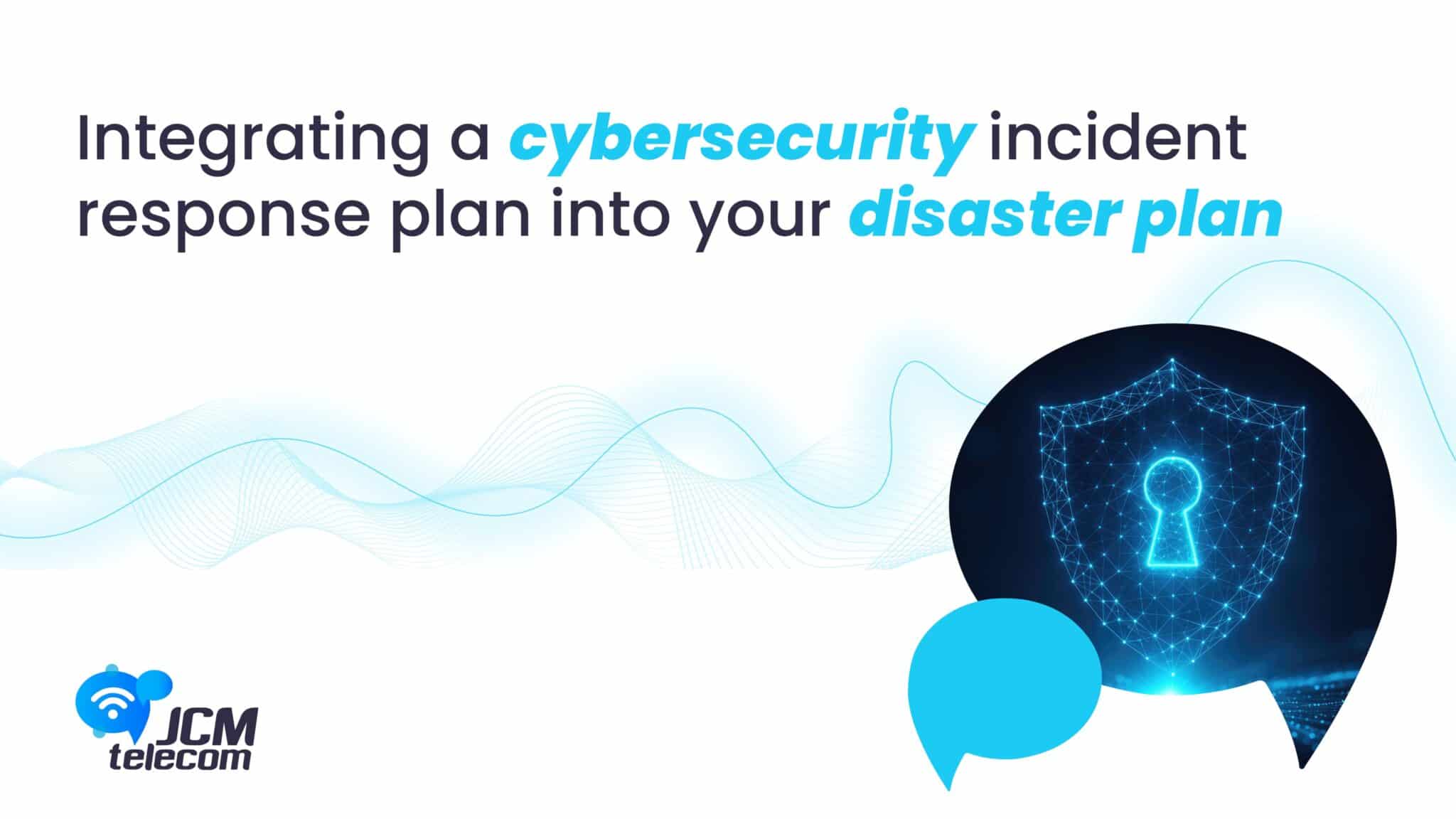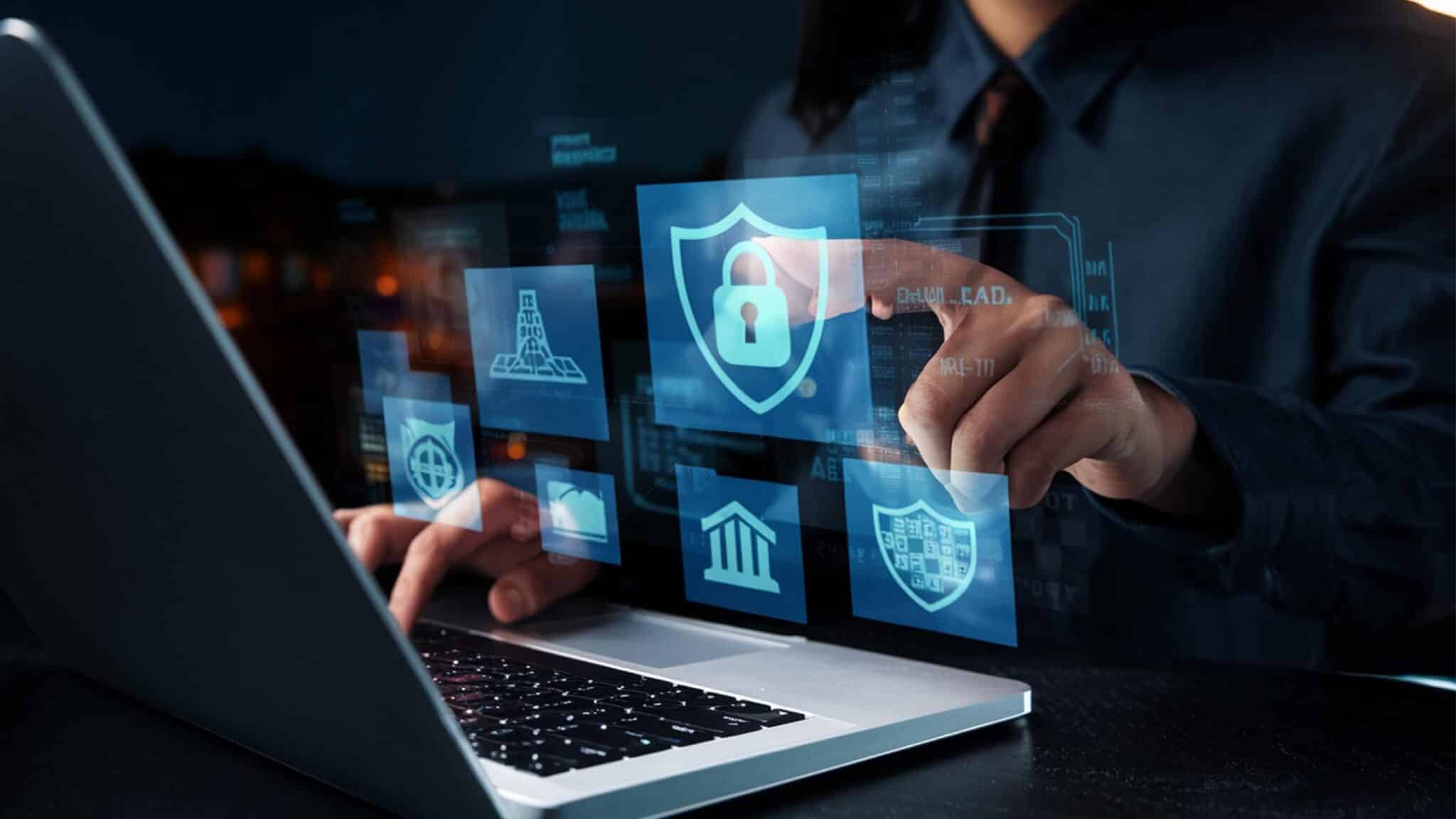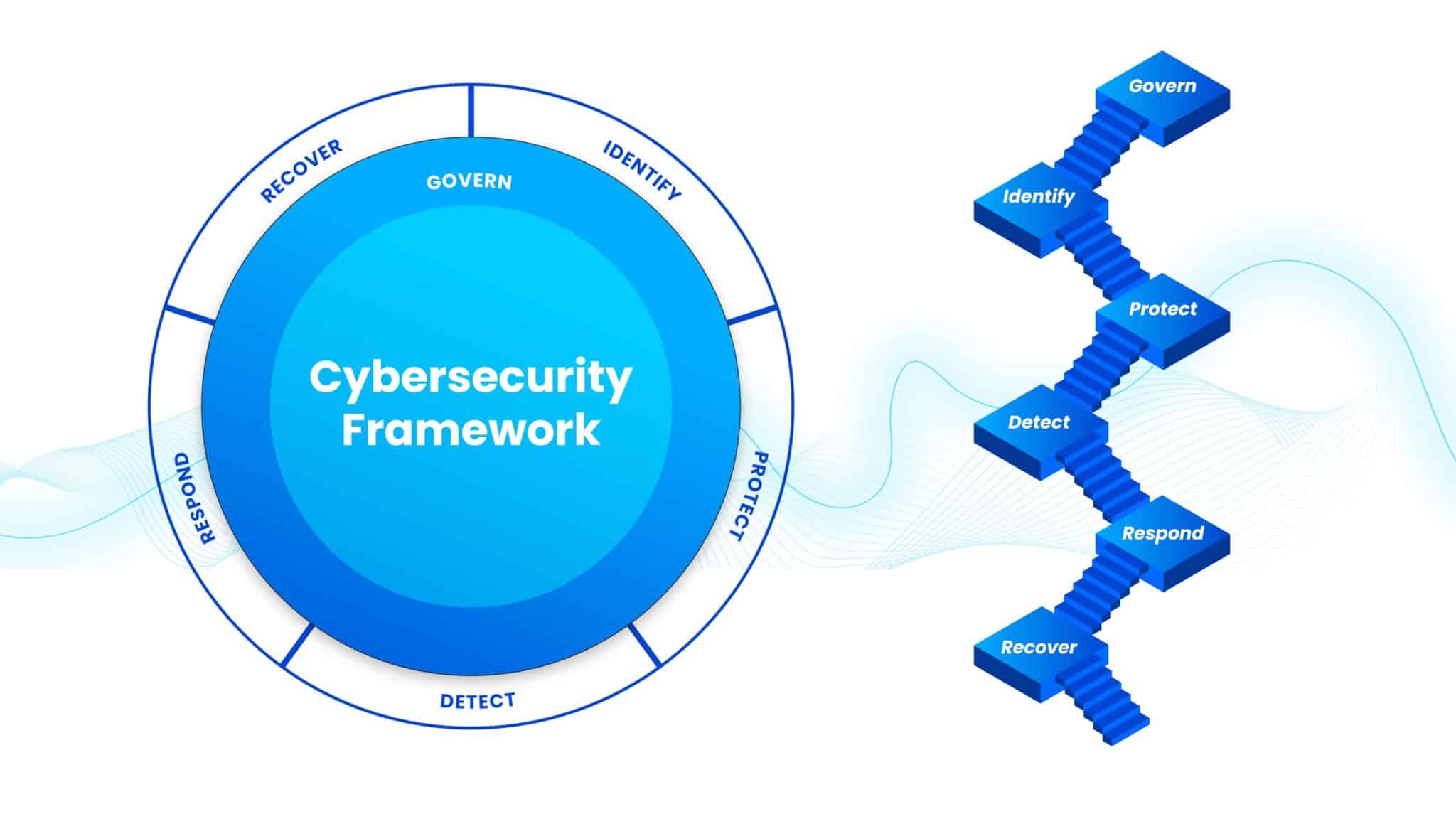Why Cyber Readiness Matters in South Florida
Running a business in Miami-Dade or Fort Lauderdale brings with it a unique set of challenges. The first thing that pops to mind is how to prep for storms: you board up, back up, and have a plan. But, unfortunately, many local SMBs still treat cyber risks like “rainy-day problems.” They aren’t. Today, one breach can halt operations, drain cash, and damage customer trust overnight.
Cybersecurity readiness is simply disaster preparedness for the technology that backs your business world. It’s how you prevent, respond to, and recover from cyber incidents so your business keeps moving, just straightforward tactics you know are always there for you.

The Threat Landscape has Moved beyond the Fortune 500; SMBs have Entered the Mix
- Cyberattacks are on the rise, and the types of businesses being targeted are expanding. Exploiting known vulnerabilities (usually the low-hanging fruit of unpatched systems) has surged, and third-party risk is now a major breach factor.
- Having a small business doesn’t mean it’s safe. Attackers are using AI to hone strategies and automate at scale. If you’re vulnerable, there’s no doubt you’re a target.
- People remain the most popular entry point into your business. Phishing and social engineering continue to trick busy teams, contractors, and vendors. Continual training for those who work with your business can save you.
For South Florida firms that handle sensitive data, healthcare, legal, financial, and professional services, the stakes are even higher for your data security due to compliance, privacy, and reputational risk.

Integrating a Cybersecurity Incident Response Plan into your Disaster Plan
Most Miami and Fort Lauderdale SMBs keep a hurricane checklist, and you need to treat cyber threats the same way.
- Manage your cyber risk like a traditional business risk. Assign an executive owner for cybersecurity. Define your legal and contractual requirements, then decide how you’ll measure risk and how often you’ll review your plan.
- Know exactly what you’re protecting. Maintain an up-to-date inventory of systems, cloud apps, and sensitive data. Classify what’s critical and who can access it.
- Build a response playbook. List who to call and in what order, internal leadership, legal, bank, insurer, law enforcement, how to contain the various types of incidents, and how to communicate both internally and externally. Then practice with tabletop drills and try to identify gaps.
- Plan your recovery. Pre-approve restoration priorities. Verify the integrity of backups before you restore. Most importantly, you must document lessons learned to prevent repeating any failures.
If you want an intro to the framework, the FTC’s small-business guidance is a great primer on using NIST CSF to reduce risk.

Best Practices for Cybersecurity Readiness and Risk Assessment
1) Protect your core infrastructure
- Firewalls, endpoint detection and response (EDR) and antivirus, intrusion detection (IDS), intrusion protection (IPS), and encryption. Modern endpoint protection and well-managed firewalls block a wide range of commodity attacks.
- Patch management. Schedule regular updates for servers, apps, devices, and cloud services; unpatched software is a leading initial access vector.
- Limit access to only what people need and utilize MFA. Restrict sensitive data to people who need it; require MFA everywhere it’s available.
Local businesses looking for help can lean on Fort Lauderdale cybersecurity packages that bundle firewall protection, endpoint security, SaaS backup, and 24/7 monitoring for sensible monthly fees.
2) Back up like your business depends on it, because it does
- Implement a 3-2-1 backup strategy which keeps one copy completely off-site and two cloud copies stored as different media types, plus versioned SaaS backups for Microsoft 365/Google Workspace.
- Plan and test restores quarterly. A backup you’ve never tested is a hope, a wish on a star even, but not a plan.
Even cybercriminals target popular physical locations, such as South Florida, to conduct their online schemes. That’s why it’s important for firms in this region to choose managed backup with infinite retention options and rapid, flexible restoration, especially critical after ransomware or accidental deletion.
3) Train your team to spot social engineering cyber threats
- Short, frequent training plus simulated phishing accurately tests what was taught.
- Clear reporting path (“If you see something or are unsure about what to do, send to security@…”) and no-blame culture to encourage quick escalation.
The NIST Cybersecurity Framework emphasizes evaluating the quality and frequency of security awareness training; do it, track it, and improve it.
4) Pair cyber liability insurance with controls
Insurance can soften financial shocks, but carriers increasingly require MFA, EDR, backups, and incident response plans. Treat insurance as a layer of protection, not a substitute for readiness. Cyber insurance isn’t for everyone, and you can discuss this with us if need be.
5) Vet your vendors on cybersecurity skills
With third-party involvement in your business from vendors, you need to ask about their own security, like MFA, patching cadence, SOC monitoring, and incident reporting timelines. You can take it a step further and bake security requirements into contracts.
6) Regularly test your defenses
Penetration testing, also known as ethical hacking, finds weak spots before criminals do and sharpens your incident playbook. It also supports compliance in regulated industries and pairs well with managed cybersecurity for continuous improvement.
Related content: The Ins and Outs of Why Penetration Testing is Key

What a Cybersecurity Readiness Assessment Looks Like
A cybersecurity readiness assessment benchmarks your controls against a framework like NIST CSF, then yields a prioritized roadmap. Typical steps:
- Discovery: Asset inventory, data flows, external attack surface.
- Control review: Identity/MFA, endpoint and email security, backup/DR, network segmentation.
- Human risk: Phishing baseline, policy reviews, and role-based access.
- Third-party risk: Vendor list, contract obligations, incident comms.
- Tabletop + test restore: Practice your incident response and prove your backups.

Ready to start looking into what your business needs? In South Florida, you can book a cybersecurity readiness assessment through JCM’s Fort Lauderdale cybersecurity services.
The Local Advantage of Cybersecurity Services with JCM Telecom
As a local, customer-first partner, JCM Telecom provides 24/7 SOC monitoring, modern endpoint security, including SentinelOne®, firewall management, SaaS protection, disaster recovery support, and flexible packages designed for SMB budgets. That means you can choose the level of coverage that fits your risk profile and upgrade as you grow.
A few reasons South Florida businesses trust JCM:
- Fast resolution and uptime commitments. Most issues are resolved quickly, and services are backed by SLAs.
- Everything under one roof. Managed IT, cloud, VoIP, fiber internet, CCTV, and managed cybersecurity, simplifying your list of vendors and cutting costs.
- SaaS backup done right. Automated backups and flexible restores for Microsoft 365 and Google Workspace keep your cloud data safe.
- Pen-testing and continuous improvement. “Hack yourself before hackers do” is baked into how JCM hardens clients over time.
Your Next Steps are with a Simple Cyber Risk Checklist
- Schedule a cybersecurity readiness assessment aligned to NIST CSF 2.0.
- Enable MFA everywhere and remove unused accounts/permissions.
- Patch “internet-facing” systems on a standing schedule; scan monthly.
- Deploy EDR + SOC monitoring across all endpoints/servers.
- Implement SaaS + on-prem backups and test restores quarterly.
- Run phishing simulations and short trainings every month or quarter.
- Review vendor security and incident reporting obligations.
- Conduct tabletop exercises and pen-tests at least annually.

Fort Lauderdale/Miami-Dade: Get Fast and Experienced Local Help
Cybersecurity is an essential piece of business resilience. If you’re evaluating providers for managed cybersecurity, start with a local partner who already supports SMBs across South Florida and offers right-sized packages you can actually use.
Get a free cybersecurity consultation with JCM’s team today with Fort Lauderdale/Miami cybersecurity services. We’ll assess your readiness, map gaps, and prioritize fixes that reduce risk fastest so your business weathers any storm.
